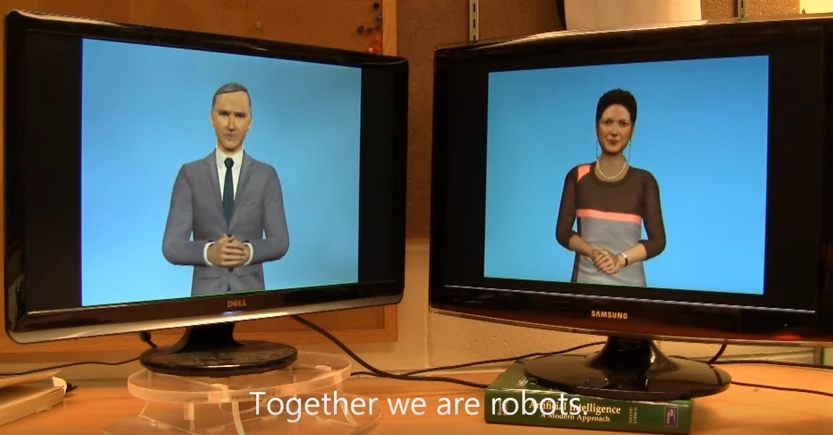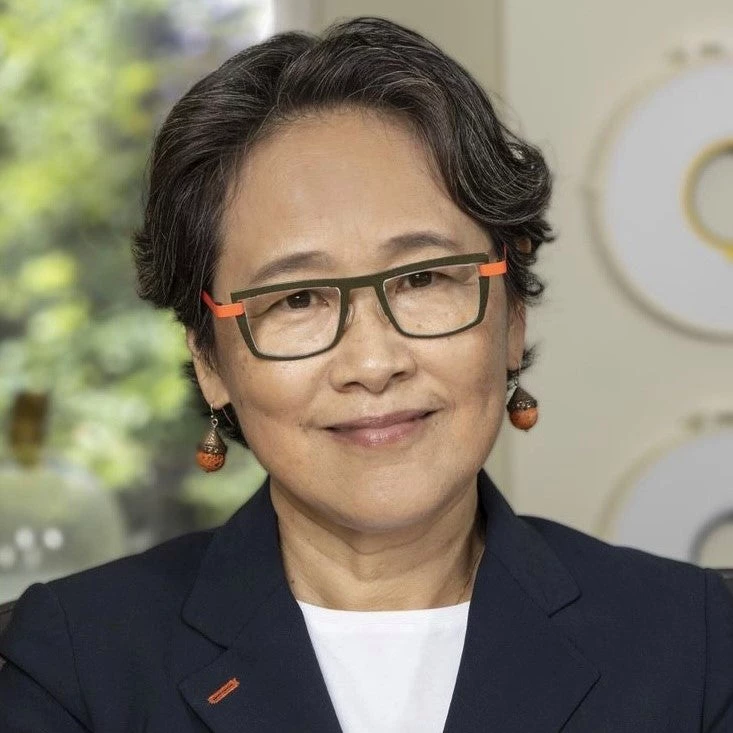Development work is getting more technologically sophisticated by the day. The World Bank’s Information and Technology Solutions (ITS) department recently started an Artificial Intelligence (AI) Initiative. At the launch event, we explored the role of AI in development and what it might mean for the work that we do here at the Bank. In short: AI is already here, international organizations have an important role to play, and we need to invest in our skills and expertise.
AI is already being incorporated into development projects
A growing family of Artificial Intelligence techniques are being employed in development. Using machine learning for classification and prediction tasks is becoming as routine as running regressions. Our team recently launched a data science competition on poverty prediction and has been evaluating the performance of different machine learning algorithms. This includes the use of automated machine learning where the machine itself helps to select and tune models in a way a data scientist ordinarily would.
Advances in natural language processing and information retrieval systems are also giving rise to increasingly human-like chatbots. In the UK, a company called Babylon has been working with health authorities in London to offer an chatbot alternative to the National Health Service’s telephone helpline for healthcare advice. This technology could help to expand healthcare efforts in all parts of the world, offer citizens a better way of interacting with government services and be complemented by other data analytics to help target and deliver social protection payments and services.
The World Bank needs to weigh in on issues of ethics and accountability
Every new technology should raise questions about its wider effects on society. Policy and regulation typically lags technology development, and the field of artificial intelligence is no exception. While progressive examples, such as Germany’s ethical guidelines for self-driving cars do exist, there isn’t yet a consensus on dealing with the practical and ethical challenges governments, companies and citizens will face as these technologies advance.
The World Bank offers a combination of technical expertise, resources and convening power to support our client countries. When it comes to AI, we should be deliberate in how we support countries to employ these technologies, giving appropriate weight to issues of ethics and accountability. What will be the replacement effect of AI on jobs? How should countries deal with inequality of access to new digital services? Who will own the personal data used to train machines?
There are myriad different governance issues to consider in AI, but I like the example set by the Identification for Development (ID4D) team – they worked together with the Center for Global Development and a group of international organizations to develop the “Principles on Identification for Sustainable Development” . It’s a high-level framework which will help to bring some consistency to any specific policies and implementations that come after it. Does AI for development need something similar?
Looking ahead: together we are robots
Looking to the future, I think the Bank’s new AI Initiative will help us to continue to attract and grow our expertise in data science. We can’t make a meaningful contribution in this area without these skills. I look forward to working together and finding the right blend of optimism and caution to harness the promise of AI for development in the service of countries and their citizens.
And when considering the exciting possibilities awaiting the humble chatbot, let’s not forget that we all have our limitations – even robots.



Join the Conversation